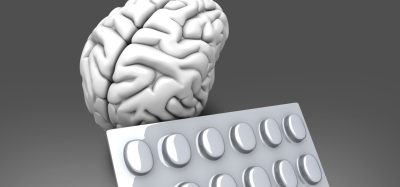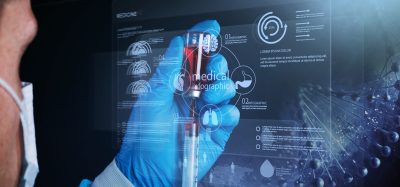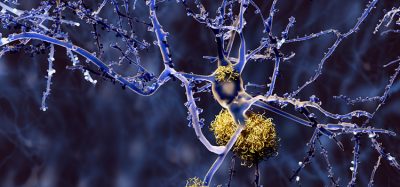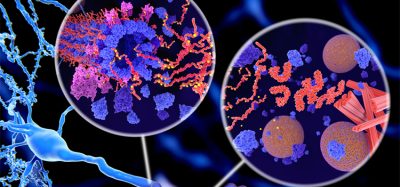AI: age prediction model on human brain tissue developed
Posted: 12 October 2023 | Drug Target Review | No comments yet
For the first time ever, researchers have developed an algorithm to predict age at death and indicate early changes related to disease.
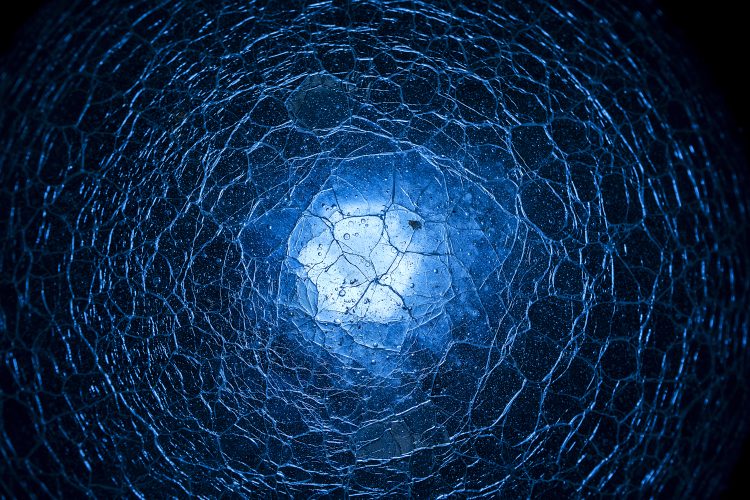

Published in Acta Neuropathologica, researchers have used Artificial intelligence (AI) to develop an algorithm called “HistoAge” to predict age at death based on the cellular composition of human brain tissue specimens. It has an average accuracy of within 5.45 years and can also determine neuroanatomical regions vulnerable to age-related changes which acts as an indicator of potential cognitive diseases.
Structural and cellular changes occur as the brain ages which impacts its function and increases susceptibility to neurodegenerative disorders such as Alzheimer’s disease (AD). Age acceleration, the differences between biological and chronological age, in the brain reveals how mechanisms and normal functions of one of the body’s most important organs. Also, it can explain age-related changes and functional decline and indicate early changes related to diseases.
To develop the histological brain aging and age-dependent neurodegenerative diseases, the researchers looked at a collection of almost 700 digitised images of slides with human hippocampal sections from aged brain donors. The hippocampus is involved in brain aging and age-dependent neurodegenerative diseases and therefore is an ideal region for analysis.
The team trained a machine learning model to estimate a person’s age at death based only on the digitised section. This is an impossible task for a human observer to do with any accuracy. They then used the difference between the actual age and the model-predicted age to determine the amount of age acceleration in the brain.
Dr Gabriel Marx, resident in Neurology at Mount Sinai School of Medicine, said: “This is the first time we have been able to put a number to how much aging there is in the brain in pathology. With this approach, we can discover genes that protect against brain aging or genes that make aging worse in the brain, as well as discover the environmental risk factors that make individuals’ brains age faster.”
Compared to current measures of age acceleration, like DNA methylation, HistoAge based acceleration had stronger associations with cognitive impairment, cerebrovascular disease and the levels of Alzheimer’s-type abnormal degenerative protein aggregation, meaning HistoAge is a reliable, independent metric for not only defining brain age but also understanding factors driving neurodegeneration over time.
The HistoAge model and other subsequent similar algorithms represent a completely new paradigm for assessing aging and neurodegeneration in human samples. They can be simply deployed at scale in clinical and translational research laboratories and offer more unbiased and robust metrics of cellular changes underlying degenerative disease.
Future plans include building a multicentre collaboration to develop a large AI-ready dataset which can be used to develop more powerful AI models to transform our understanding of brain disease.
Mount Sinai’s Dr Kurt Farrell, Assistant Professor of Pathology, Molecular and Cell-Based Medicine, Neuroscience, and Artificial Intelligence and Human Health, said of AI: “It’s a tool that is revolutionising medicine and we are excited to be leaders in this space, optimising machine learning – not to replace our Health System’s commitment to compassionate care, but to improve diagnosis and treatment for all patients.”
Related topics
Artificial Intelligence, Neurosciences, Targets
Related conditions
Alzheimer's disease (AD)
Related organisations
Mount Sinai School of Medicine




